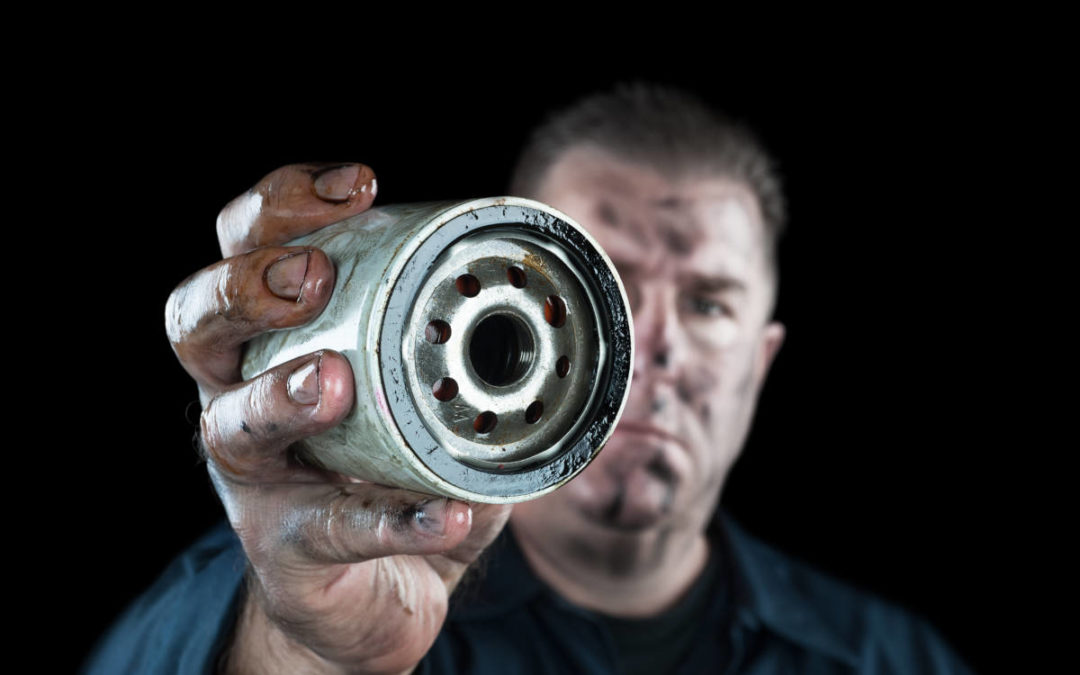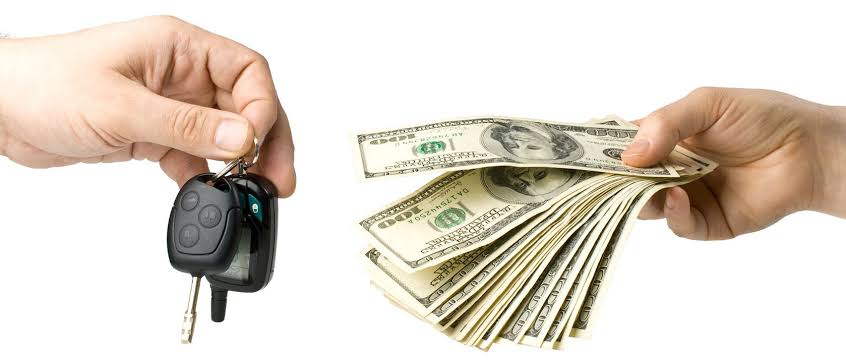The oil filter is a device that helps remove contaminants from the engine oil and keep clean oil in. To work correctly, you need to ensure that your BMW’s engine has the correct viscosity and quantity of oil. The right amount can be found on a sticker inside the fuel filler flap or under the bonnet/hood somewhere.
What are some examples of contaminants?
Some examples include dirt, metal shavings from normal wear and tear, water from condensation formed during operation, etc. These contaminate have to go somewhere, so they end up being deposited at the bottom of your oil pan where your drain plug is located. It would help if you changed this drain plug now and again because, over time, this build-up of contaminants can cause your oil filter not to work correctly.
Why does the filter need to be replaced?
There are different reasons for replacing it. If you drive a manual, the filter will need to be replaced more often than if you drive an automatic, but both still have differences in their filters. One difference is that cars with automatic gearboxes have two filters, one for each side of the vehicle, while cars with manuals only have one on one side. Either way, it boils down to separating these contaminants into one space where they won’t get back into your engine until you change your drain plug and put new oil in! Note: The drain plug should also be changed every so often. For more information on how frequently it should be changed, consult your owner’s manual.
What is the primary purpose of the filter?
The oil filter’s primary purpose is to remove contaminants and keep clean oil within your engine. It helps to lubricate all moving parts and keep everything nice and clean: preventing dirt from getting into pistons, etc., while also protecting against wear and tear of other components inside your engine.
What happens if you don’t know when you last changed it?
If you’ve never changed the oil filter or you couldn’t tell when it was last replaced because there were no indications on how frequently it should be done, then we highly recommend changing the filter every three months or 3,000 miles, whichever comes first. If you want to be on the safe side, change it every three months.
What happens if you don’t regularly replace this part?
If regularly replaced, the oil filter is considered a serviceable item and will have a long lifespan. Without replacing it, your engine will get dirtier and dirtier over time, leading to less power being produced from your e and worse fuel mileage. This is because contaminants are loose within your engine while running: they clog up things inside of it and can cause problems for other components. You have been warned!
Disclaimer: The above article does not cover everything there is to know about filters or oil changes in general. It does not replace the manufacturer’s recommendations. For this article to be helpful, you will need to read your owner’s manual before any maintenance, as the manual will provide the full details on filters and oil changes. Consult a certified mechanic if you still have questions regarding filters or oil changes.


